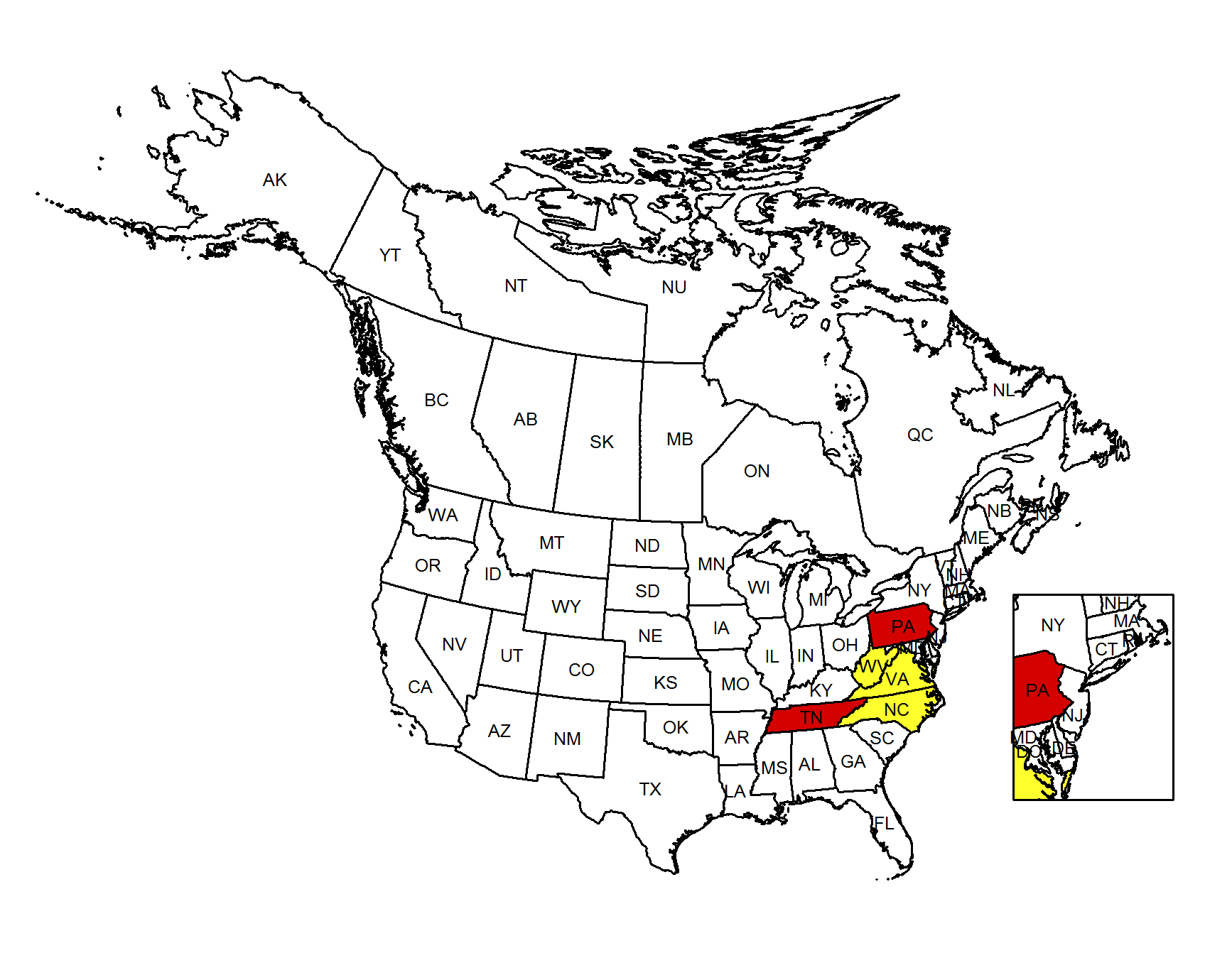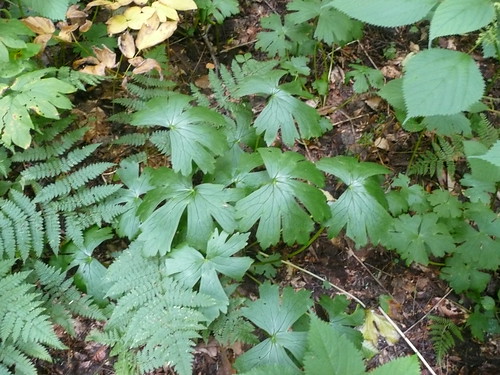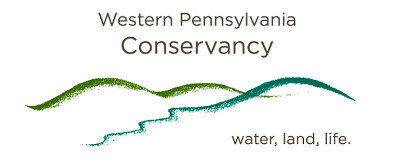 Species Factsheets
Species Factsheets
Aconitum reclinatum
White Monkshood
State Status: Pennsylvania Endangered (PE)
PBS Status: Pennsylvania Endangered (PE)
Federal Status:
Global Rank: G3
![]() rank interpretation
rank interpretation
State Rank: S1
Did You Know?
This whole plant is toxic - it is poisonous if ingested.
Description
White monkshood (Aconitum reclinatum), a member of the buttercup family, is a perennial herb with a delicate stem. It grows as tall as 1m, trailing along the ground or leaning against surrounding vegetation.
Rank Justification
Critically imperiled in the nation or state because of extreme rarity (often 5 or fewer occurrences) or because of some factor(s) such as very steep declines making it especially vulnerable to extirpation from the state.
Habitat
White monkshood grows in moist areas along streams, in coves, or in seeps within mixed forests at high elevation.
Survey Dates
Flowers June - September
Distribution

Threats
Though white monkshood recovers well when protected, it is threatened by logging activity and may be disturbed by draining or filling of its wetland habitats. It is also sensitive to overgrazing by cattle or deer. In Pennsylvania a fungus has been discovered attacking the plants before they can produce fruit.
Management
A. reclinatum seems to benefit from deer exclusion. In 1993 an exclusion experiment fenced off one of the Pennsylvanian populations of the plant, and it grew from one plant to five in two years' time. Preservation of wetlands and maintenance of buffer areas along streams will provide the species with more habitat.
Conservation Status Map

NatureServe. 2017. NatureServe Explorer: An online encyclopedia of life [web application]. Version 7.1. NatureServe, Arlington, Virginia. Available https://explorer.natureserve.org.
https://crescentbloom.com/Plants/Specimen/AA/Aconitum%20reclinatum.htm
- NatureServe. 2018. NatureServe Explorer: An online encyclopedia of life [web application]. Version 7.1. NatureServe, Arlington, Virginia. Available at https://www.natureserve.org/explorer
- Pennsylvania Natural Heritage Program. 2018.
- Rhoads, A.F. and W.M. Klein, Jr. 1993. The Vascular Flora of Pennsylvania. American Philosophical Society, Philadelphia, Pennsylvania. Rhoads, A.F. and T.A. Block.
- 2007. The Plants of Pennsylvania: An Illustrated Manual. 2nd edition. University of Pennsylvania Press, Philadelphia, Pennsylvania.







